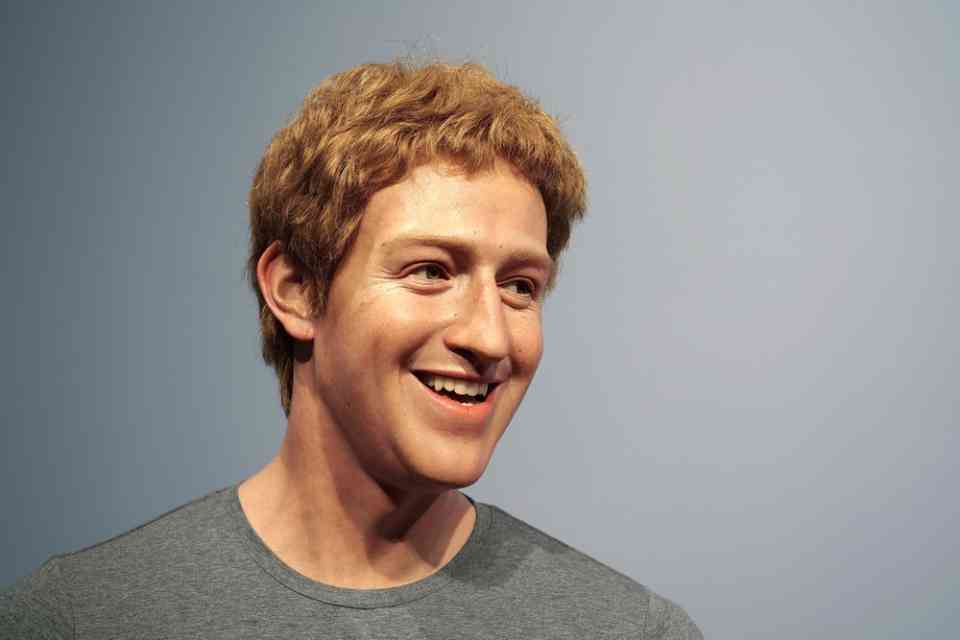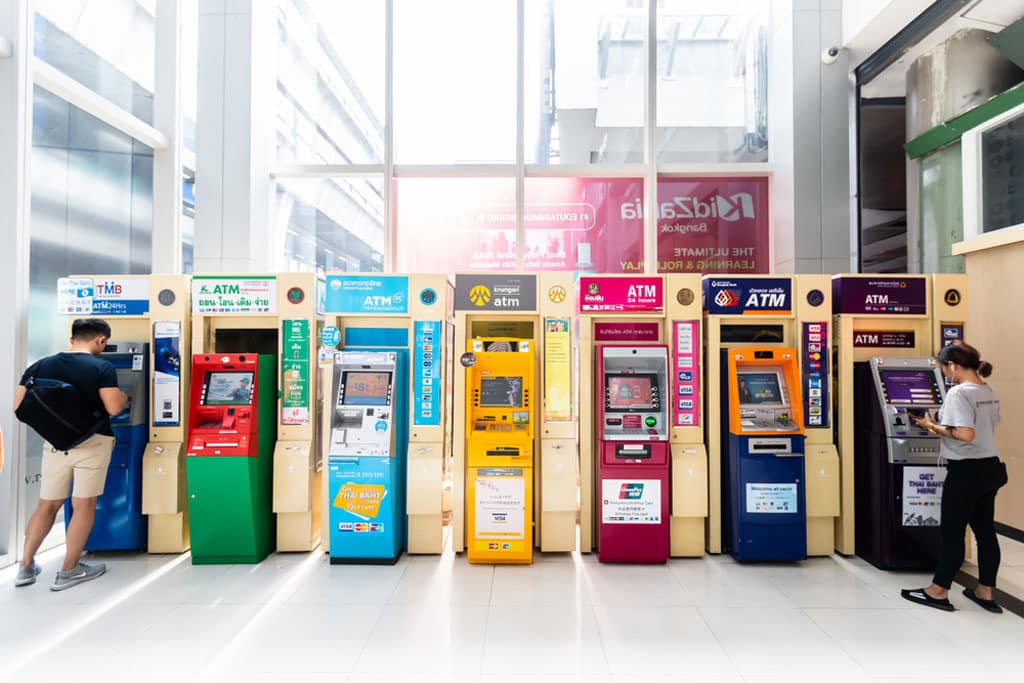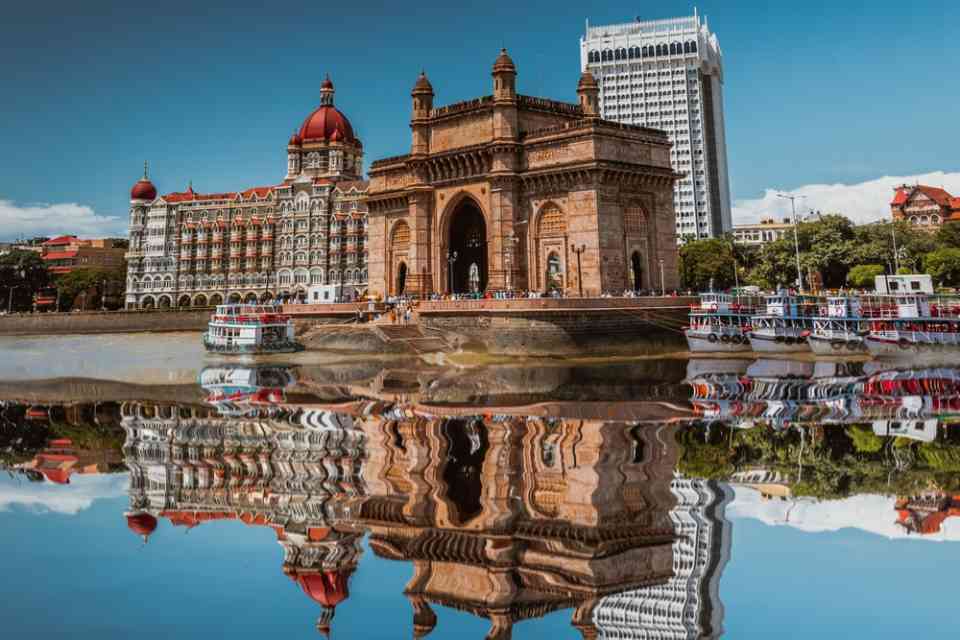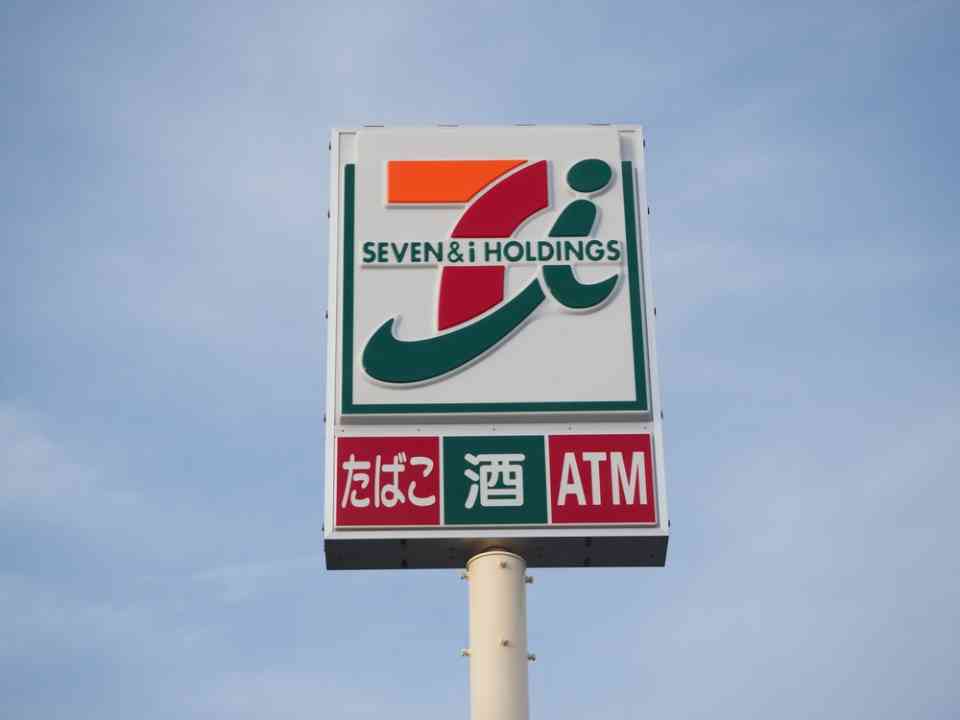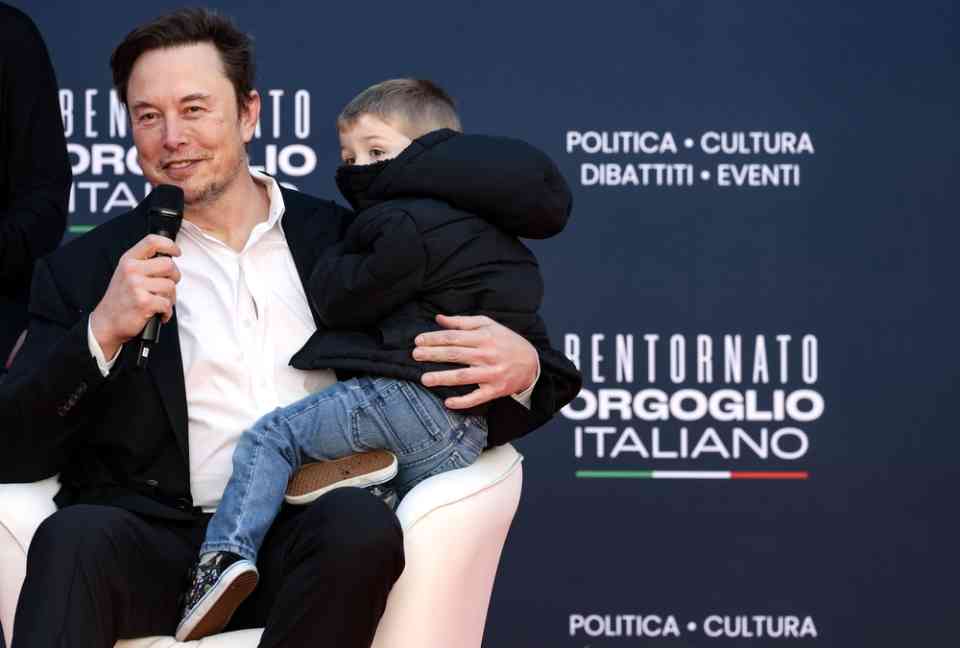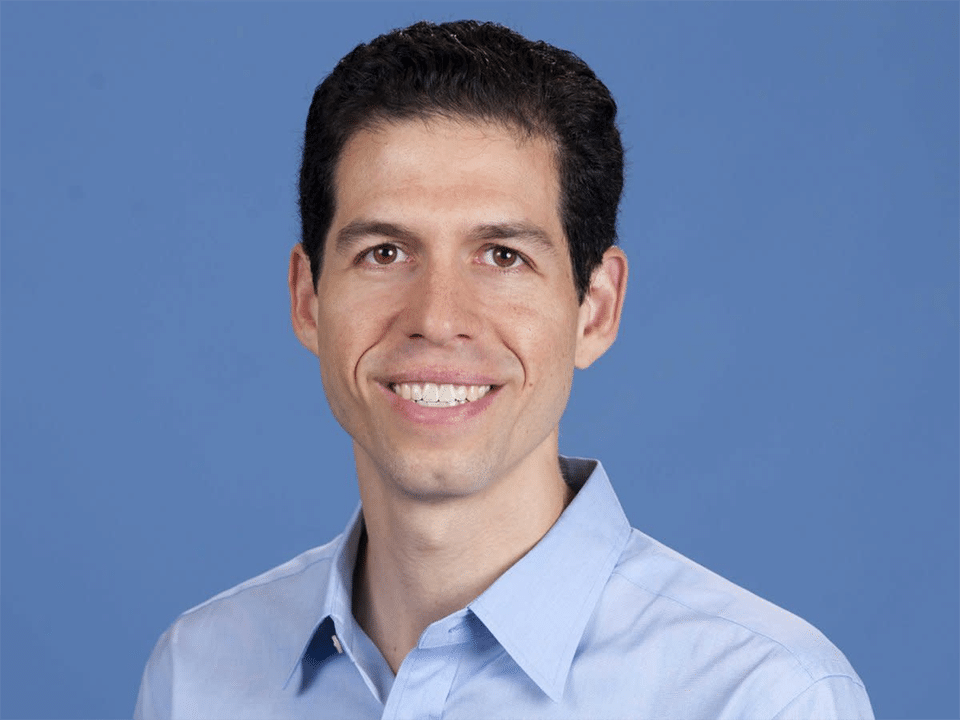When it comes to private equity, to the victor go the spoils — and few firms have managed to make waves as boldly and strategically as 3G Capital. Founded in 2004 by a group of visionary investors including Alex Behring and Daniel Schwartz, 3G Capital has built a reputation for acquiring iconic brands and transforming them into global powerhouses through meticulous operational improvements.
Unlike traditional private equity firms that focus on broad diversification, 3G Capital takes a highly concentrated approach, acquiring and deeply embedding itself into just a handful of companies at a time in industries ranging from quick-service restaurants to window coverings, amassing an impressive list of acquisitions in its portfolio.
‘Owners, Operators, and Investors’
At the core of 3G Capital’s strategy is its philosophy of being “owners, operators, and investors.” This unique model requires the firm to invest capital while also playing a hands-on role in running its acquisitions, ensuring operational excellence and driving long-term growth. Behring and Schwartz embody this ethos of ownership and operational rigor. Rather than simply providing financial backing and expecting management to take care of the rest, 3G Capital’s partners roll up their sleeves and become part of the operational fabric of each company they acquire.Their track record of transforming giants speaks for itself. Over the years, 3G Capital has been involved in some of the most significant acquisitions in the quick-service restaurant industry, such as Burger King, Tim Hortons, and Popeyes Louisiana Kitchen, as well as in other sectors with the acquisition of Hunter Douglas, a global leader in window coverings. Each of these acquisitions serves as a testament to 3G Capital’s bold vision and its transformative impact on global brands.
The Burger King Transformation: From Struggler to Global Giant
When 3G Capital acquired Burger King in 2010, the fast-food giant was struggling. Although Burger King had long held a place as the second-largest hamburger chain globally, the company had experienced inconsistent leadership, operational inefficiencies, and a failure to capitalize on international growth potential. Despite the strength of its brand, the business itself was underperforming.
“In 2010, led by 3G partners Schwartz and Alex Behring, 3G bought Burger King for $4.1 billion, including debt,” renowned financial writer and former investment banker William Cohan wrote in a Financial Times column.
“At the time, there was one brand — Burger King — with a network of 12,000 outlets across 70 countries. So-called system sales from all the outlets that used the brand were $15 billion. Since then, 3G has worked some kind of magic.
“Then 3G went on an acquisition spree.”
But first, upon acquiring the company the firm immediately implemented its “owner-operator” model. This approach involved Behring taking on the role of executive chairman, while Schwartz joined as chief financial officer and eventually became CEO in 2013.
Schwartz immediately got down in the trenches and did a shift at a drive-thru window — and the experience was illuminating.
“It was so confusing — like really confusing in terms of which sauces need to go on which burgers, which toppings go where — and it was leading to worse order accuracy and a lot of waste, too,” he recalled.
“It was a disaster. For the life of me, I could not make a good-looking ice-cream cone.”
But it gave him a feel for the franchise from the bottom up.
The first major change 3G Capital introduced was refranchising the majority of Burger King’s company-owned restaurants. At the time of the acquisition, about 10% of Burger King’s locations were company-owned, but these stores generated less than 10% of the company’s overall profits.
By selling these stores to franchisees, 3G Capital freed up resources to focus on operational improvements while reducing corporate overhead. This move allowed Burger King to aggressively expand its footprint globally, particularly in underserved international markets, without overburdening the company’s balance sheet.
Simultaneously, 3G Capital introduced a number of cost-cutting measures and implemented zero-based budgeting, a financial management technique that scrutinizes every expense from the ground up each year. Within just three years of the acquisition, Burger King’s cash flow had more than doubled, rising from $250 million to over $700 million.
Burger King’s transformation culminated in the creation of Restaurant Brands International in 2014, a holding company that brought Burger King together with Tim Hortons and later Popeyes Louisiana Kitchen under one umbrella. Today, RBI is one of the largest quick-service restaurant companies in the world, with over 30,000 restaurants globally and a market cap of nearly $50 billion.
Tim Hortons: Brewing Success in New Markets
When 3G Capital acquired Tim Hortons in 2014, it didn’t just gain another coffee chain; it gained a Canadian institution. Tim Hortons, founded in 1964, had become synonymous with Canadian culture, known for its coffee, baked goods, and breakfast offerings. At the time of acquisition, the chain had over 3,600 restaurants across Canada, holding an impressive 75% share of the Canadian coffee market. Yet, despite this domestic dominance, the company had barely scratched the surface of its international potential, with less than 1% of its locations outside North America.
3G Capital saw enormous untapped potential in Tim Hortons. The acquisition, valued at nearly $12 billion, was one of the largest restaurant transactions in history and was funded in part by a $3 billion investment from Berkshire Hathaway, reinforcing the strategic importance of this deal. Immediately following the acquisition, 3G Capital’s leadership set to work transforming the business by aligning it with their established playbook: operational rigor, a focus on international growth, and embracing digital transformation.
Under 3G’s guidance, Tim Hortons became a leader in digital transformation within the quick-service restaurant space. The company developed its own app, which grew to have over 5 million active users monthly. By 2024, digital sales made up over one-third of Tim Hortons’ total sales.
However, perhaps the most striking success under 3G Capital’s ownership has been Tim Hortons’ international expansion. By 2024, Tim Hortons had grown its global restaurant count to over 5,800 across 15 countries.
Popeyes: Building a Chicken Powerhouse
When 3G Capital acquired Popeyes Louisiana Kitchen in 2017 for $1.8 billion, the fried chicken chain was already well regarded, but it was far from reaching its full potential. Known for its Louisiana-inspired menu and unique flavors, Popeyes had always played second fiddle to larger competitors like KFC in the U.S. and had little presence internationally. However, 3G Capital saw in Popeyes the same kind of underappreciated opportunity they had seen with Burger King: a beloved brand with untapped growth potential and a business model ripe for operational improvements.
One of the first strategies 3G Capital implemented was a rapid international expansion plan. Popeyes had fewer than 500 international restaurants at the time of the acquisition, but this figure grew dramatically under 3G’s leadership. By 2024, Popeyes boasted over 1,300 international locations in key markets such as Brazil, the U.K., Spain, and India. This global push was further strengthened by the launch of flagship stores, such as the one in Shanghai in 2023, which set a record for the most orders in a single day.
Popeyes’ domestic growth was also nothing short of remarkable, largely driven by the unprecedented success of its now-iconic chicken sandwich, introduced in 2019. The sandwich drove an astounding 38% sales growth for the chain in the last quarter of 2019 and was a key factor in Popeyes doubling its systemwide sales since the acquisition. Moreover, the viral success of the sandwich introduced millions of new customers to the brand, many of whom became loyal Popeyes patrons.
Hunter Douglas: A Unique Partnership With a Family-Owned Business
In 2022, 3G Capital made headlines with its acquisition of a 75% stake in Hunter Douglas, a century-old business owned by the Sonnenberg family, and the global leader in window coverings. Unlike 3G Capital’s other acquisitions, which largely focused on the quick-service restaurant industry, the purchase of Hunter Douglas highlighted 3G’s ability to diversify while maintaining its disciplined ownership approach. The deal, valued at around $7.1 billion, represented a significant departure from 3G’s restaurant-focused investments, but it adhered closely to the firm’s philosophy of working with high-quality, enduring brands.
“3G Capital has a deep respect for Hunter Douglas, its diverse portfolio of brands and the steadfast leadership of the Sonnenberg family over three generations,” said Schwartz. “We are honored to be partnering with the Sonnenberg family and to work with Hunter Douglas’ management team on the company’s next phase of global expansion.”
Hunter Douglas, founded in 1919, had grown into a dominant player in its industry, known for its innovation in products that offer energy efficiency and smart home technology solutions. Yet, despite its strong market position, the company was at a pivotal moment in its history, as its founding family sought to transition leadership. Rather than pursuing a complete sale, the Sonnenberg family opted to partner with 3G Capital, retaining a 25% stake in the business.
Since the acquisition, 3G Capital has focused on positioning Hunter Douglas for long-term growth, particularly in underdeveloped international markets. The company has been actively exploring expansion opportunities in Latin America and Asia, regions where its market penetration is still relatively low. By combining its deep operational involvement with the family’s century-plus legacy, 3G Capital has set the stage for Hunter Douglas to achieve sustained global growth while maintaining the integrity of the brand.
Long-Term Growth and 3G Capital’s Unique Model
The success of 3G Capital’s most significant acquisitions — Burger King, Tim Hortons, Popeyes, and Hunter Douglas — demonstrates the firm’s remarkable ability to transform iconic brands through a hands-on, deeply involved ownership model.
What sets 3G Capital apart is its commitment to working as both investors and operators. Rather than taking a passive role, 3G Capital’s partners, including Behring and Schwartz, are embedded in the day-to-day operations of their portfolio companies, ensuring that decisions are made with a long-term vision. This approach contrasts sharply with traditional private equity firms that often prioritize quick returns and portfolio diversification. Instead, 3G Capital concentrates its resources on a select few companies, giving them the attention and operational rigor needed to drive sustainable growth.
3G Capital’s track record of success suggests that the firm will continue to seek out new opportunities in sectors where it can apply its owner-operator approach. Whether through expanding existing brands or identifying new ones, 3G Capital’s strategy of long-term investment, operational excellence, and deep involvement positions it as a leader in transforming established businesses into global powerhouses.
Have you read?
France’s Richest, Bernard Arnault, Expands Media Empire with Acquisition of Paris Match.
KPMG: Canadian CEOs Grow Cautious on Economy, Despite Optimism for Their Own Firms.
Nvidia’s AI Revolution Sparks Unstoppable Demand, Jensen Huang Says.
Steward Health Care CEO Ralph de la Torre Resigns and Files Lawsuit Against Bernie Sanders and HELP Committee.
Green Steel Revolution: Metinvest’s CEO on Strategic Expansion Plans.
Add CEOWORLD magazine to your Google News feed.
Follow CEOWORLD magazine headlines on: Google News, LinkedIn, Twitter, and Facebook.
Copyright 2024 The CEOWORLD magazine. All rights reserved. This material (and any extract from it) must not be copied, redistributed or placed on any website, without CEOWORLD magazine’ prior written consent. For media queries, please contact: info@ceoworld.biz
CEOWORLD magazine – Latest – Tech and Innovation – Transforming Giants: Inside 3G Capital’s Most Successful Acquisitions


